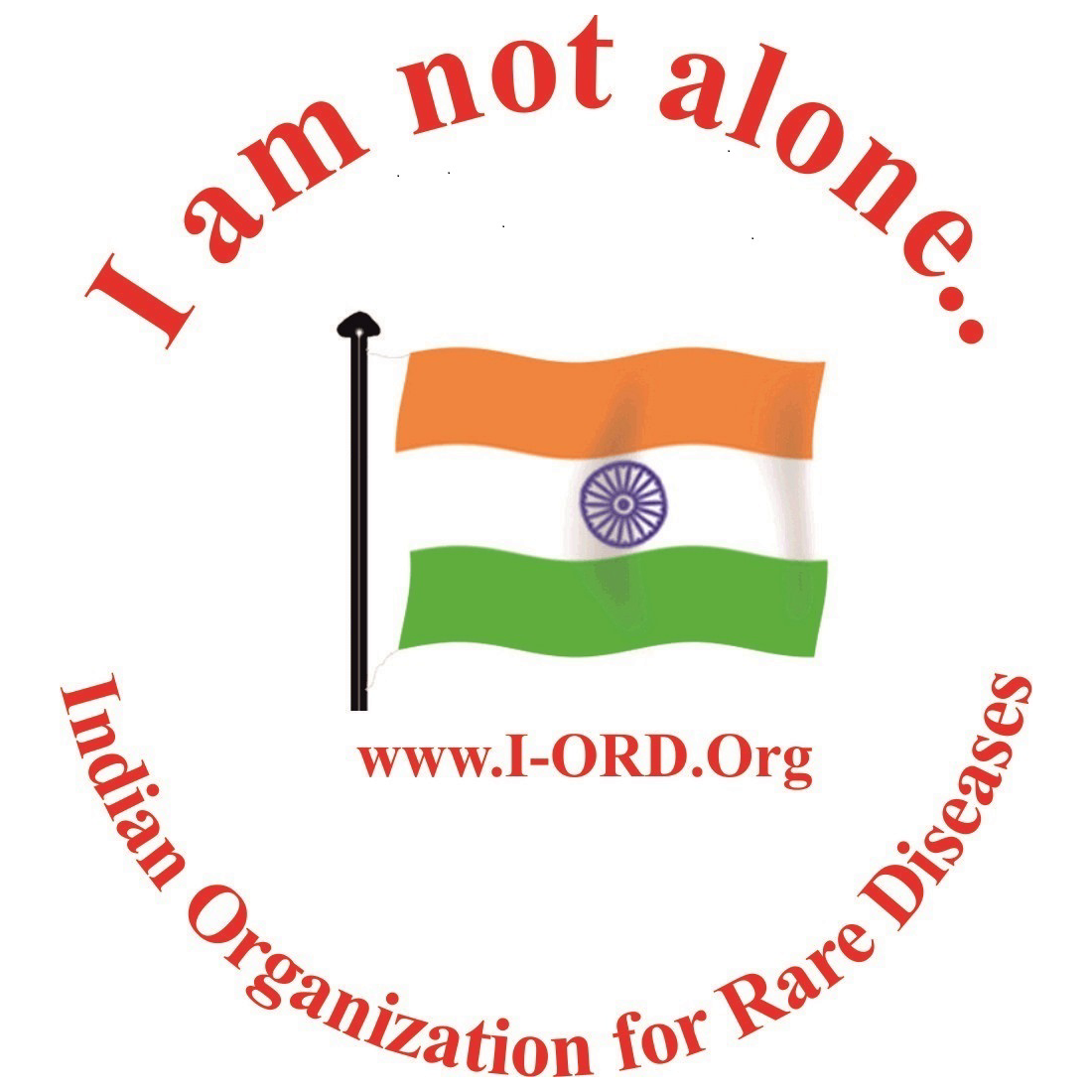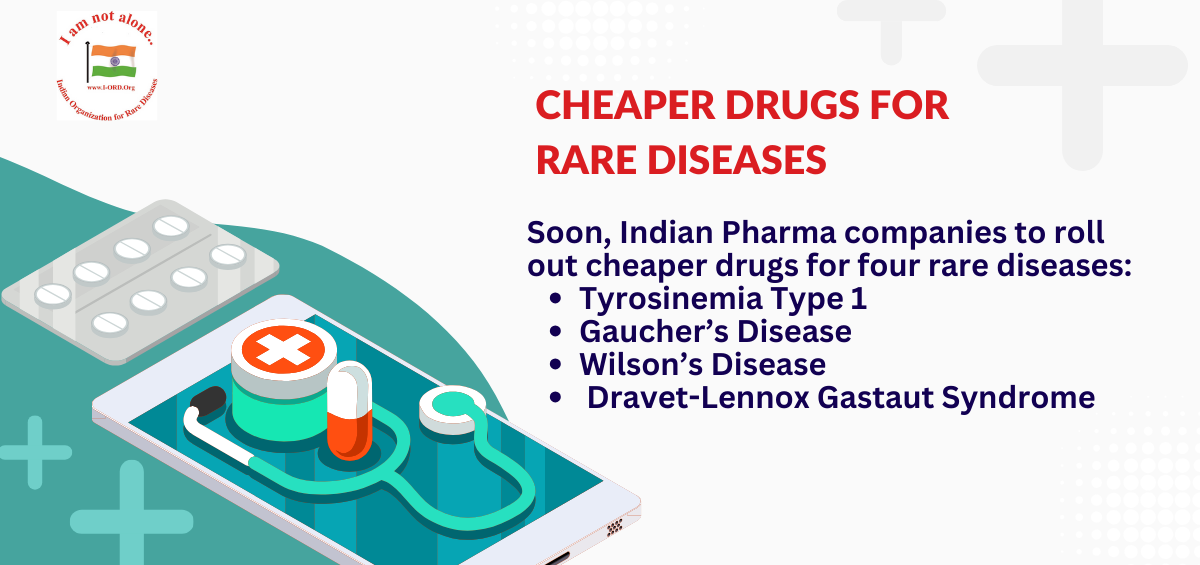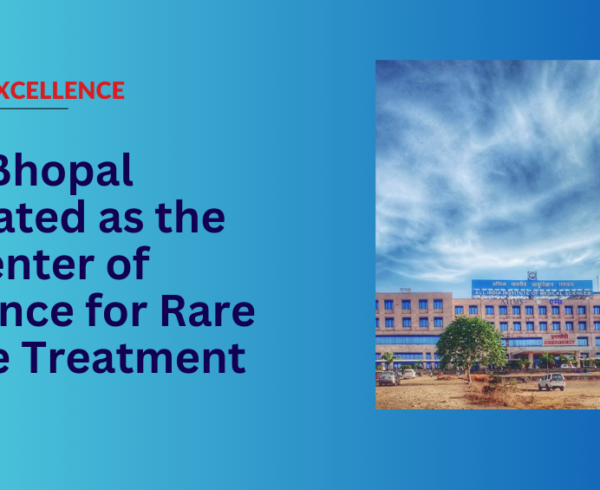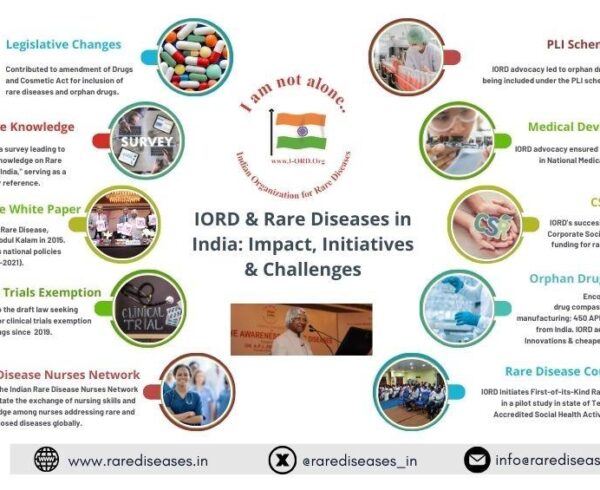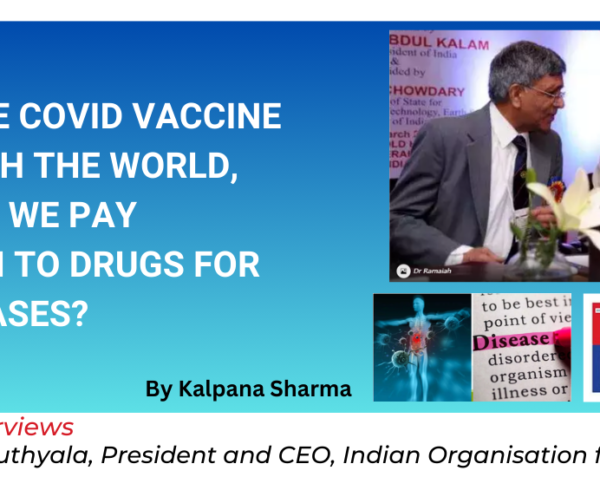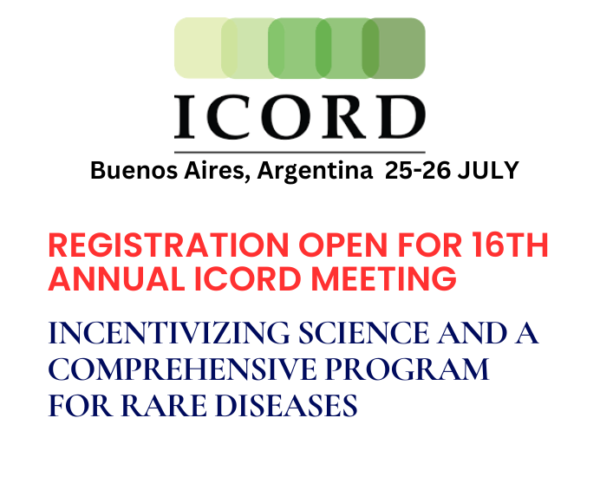In a groundbreaking move, Indian drug manufacturers have not only successfully developed medicines for Tyrosinemia Type 1, Gaucher’s Disease, Wilson’s Disease, and Dravet-Lennox Gastaut Syndrome but have also significantly brought down the expenses associated with their treatment.
Expected to be in the market by early 2024, these four medicines are poised to offer even more affordability when compared to their imported counterparts.
The monumental cost reduction has been made possible through collaboration between the government and the pharmaceutical industry. The companies have committed to manufacturing these medicines without a profit motive, recognizing the limited demand resulting from the rarity of these conditions. The initiative marks a significant step forward in making rare disease treatments not only accessible but also affordable for the masses.
It is with pride that the Indian Organization for Rare Diseases (IORD) observes this welcome development. The entry of Indian pharmaceutical companies into the manufacturing of rare drugs is the result of years of sustained advocacy by IORD and others. This is one of the series of efforts undertaken by IORD that was aimed to draw attention to the necessity of producing Make in India orphan drugs, making them more affordable and accessible locally.
It is noteworthy that in 2014, Dr. Ramaiah Muthyala, the president of IORD, highlighted prevailing global government policies and opportunities in the development and manufacture of Orphan Drugs. This took place at the Pharmaceuticals Export Promotion Council of India (Pharmexil) seminars in 2014 on Overseas Marketing Strategies, Opportunities for Orphan Drugs, IPR & Interaction with Kenyan FDA and Drugs for Rare Diseases- Government Initiatives & Global Opportunities respectively.
Writing about the deliberations in the conference, in its report dated September 19, 2014, Deccan Chronicle writes that there are no manufacturers for rare diseases in India and the import of drugs for those is not possible because of the huge cost of medicines. Resultantly, many children die before the age of four or ten, Mr Muthyala noted. Till now, 190 orphan drug producers have received approval from the US FDA and they have become top sellers like Rituximab, Ranibizumab.
“Though there are opportunities for manufacturers of drugs for rare diseases in India as they are eligible for receiving funds through the US Food and Drug Administration (FDA) under the Orphan Drug Act 1983 which provides tax benefits of up to 50 per cent on clinical trials,” the news reports says while quoting IORD President & CEO Dr Ramaiah Muthyala as saying.
Drastic Cost Reductions
Eliglustat Capsules: Costs have plummeted from an annual range of Rs 1.8 crore (around 0.2 million USD) – Rs 3.6 crore (around 0.4 million USD) to an incredibly reduced range of Rs 3 lakh (3,600 USD) – Rs 6 lakh (7,201 USD), benefiting adults grappling with this condition causing fatty deposits on organs.
This medicine would be helpful in treating Gaucher’s disease. It is a rare genetic disorder characterized by the deficiency of an enzyme called glucocerebrosidase, leading to the accumulation of a fatty substance called glucocerebroside in various organs, particularly the liver, spleen, and bone marrow. This accumulation can result in a range of symptoms affecting different systems of the body.
Trientine Capsules: This medication is likely to see a significant price drop from Rs 2.2 crore (around 0.26 million USD) for a 10 kg child to a mere Rs 2.2 lakh (around 2,600 USD), this addresses excess copper deposition leading to psychiatric symptoms.
This medicine would be helpful in treating the Wilson’s disease. It is a rare genetic disorder characterized by the accumulation of copper in various organs, primarily the liver and brain. This condition is caused by a mutation in the ATP7B gene, affecting the body’s ability to metabolize and excrete copper effectively.
Nitisinone Capsules: Costs for this medication is expected to dwindle from Rs 2.2 crore (around 0.26 million USD) annually for a 10 kg child to Rs 2.5 lakh (around 3,000 USD), tackling a metabolic condition causing liver diseases. This medication would be helpful in treating Tyrosinemia Type 1.
It is a rare genetic disorder characterized by the body’s inability to break down the amino acid tyrosine, leading to the accumulation of toxic byproducts. This condition is caused by a deficiency of the enzyme fumarylacetoacetate hydrolase (FAH), which is essential for the normal processing of tyrosine. Without this enzyme, toxic substances build up in the liver, kidneys, and other organs, causing severe health problems.
Cannabidiol Oral Solution: Reduced from an annual range of Rs 7 lakh (around 8,400 USD) – Rs 34 lakh (40,809 USD) to a reduced range of Rs 1 lakh (around 1,200 USD) – Rs 5 lakh (6,000 USD) for a 10 kg child, this offers relief for genetic epilepsy syndromes. This medication would be helpful in treating a rare condition called Dravet-Lennox Gastaut Syndrome (DLGS).
It is a rare and severe form of epilepsy that begins in infancy or early childhood. It is characterized by multiple types of seizures, including prolonged and potentially life-threatening convulsive seizures. DLGS often manifests with developmental delays, cognitive impairment, and behavioral abnormalities. Children with Dravet-Lennox Gastaut Syndrome may initially show normal development, but as seizures emerge, developmental regression becomes apparent.
Simultaneously addressing the challenge of rare diseases, the Indian government has urged the pharmaceutical industry to create a cost-effective oral solution for hydroxyurea, crucial for treating children up to 5 years old with sickle cell disease.
It is pertinent to note that oral hydroxyurea drug is used for treating children below 5 years who are suffering from sickle cell disease.
The Indian Express in a report quoted a senior health ministry official highlighting the current unavailability of an oral solution for hydroxyurea, with the existing oral suspension priced at USD 840 or Rs 70,000 for a 100 ml bottle in foreign market. Meanwhile, Akums Drugs has sought approval from the drug regulator for its release into the market by March 2024, offering the oral solution at a reduced cost of only Rs 405 per bottle.
